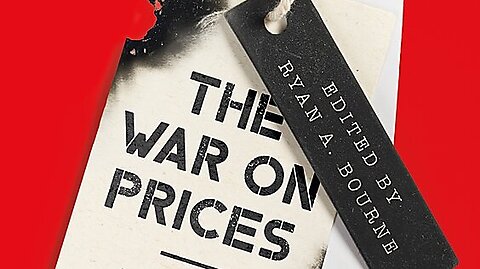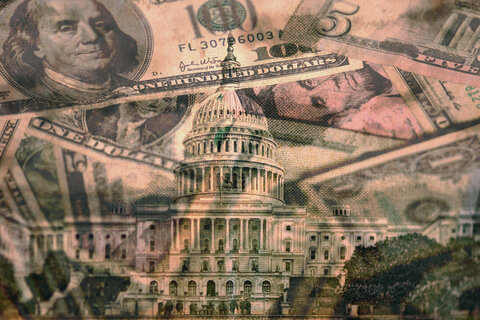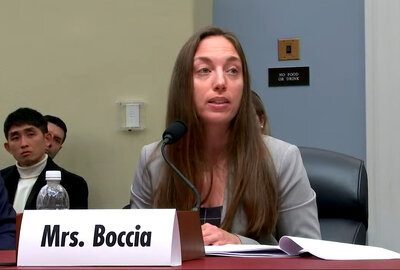
Rena Conti, Richard Frank, and David Cutler recently published a very useful piece in the New England Journal of Medicine under the title, “The Myth of the Free Market for Pharmaceuticals.” Conti, Frank, and Cutler shatter the common myths that the United States has “largely unregulated prices” for medical care (Los Angeles Times) or is “one of the only developed countries where health care is left mostly to the free market” (The Economist).
The authors detail multiple ways that government intervenes in and distorts the pharmaceutical market and conclude, “The net effect of these deviations from the free‐market ideal is that prices are high.” When drug manufacturers like Merck claim, “Congress has long been committed to a free‐market approach based on market‐driven prices,” these producers are merely trying to protect the government interventions that let them charge higher prices than would prevail in a free market.
This problem is not unique to the pharmaceutical industry but pervades the entire US health sector. In the new Cato Institute book The War on Prices (release date May 14), I contribute a chapter with the title, “Government Price Fixing Is the Rule in U.S. Health Care.” I explain that—contrary to industry propaganda that holds government price controls only result in inefficiently low prices—US medical prices are often high because government controls them. For example, “studies conducted in the USA generally conclude that price setting by a regulator…improved hospital financial stability.”
Remember that the next time the hospital lobby comes calling.
Still, it’s hard not to quibble with what Conti, Frank, and Cutler describe as some of the features of free markets.
When they write, “In free markets, consumers are assumed to be fully informed,” the passive voice betrays that they are conflating the concept of real‐world free markets with the theoretical concept of perfectly competitive markets. Free markets can and do exist. In contrast, there are few markets, if any, that satisfy all the requirements for perfect competition. To conflate the two deprives the term free market of utility.
It is likewise imprecise to enumerate that drug ads “are often misleading,” that “most consumers are insured,” or that “doctors may be financially rewarded for using more expensive drugs even when less expensive drugs are equally effective” as among the pharmaceutical market’s “deviations from the free‐market ideal.” As much as I like the authors’ main conclusion, misleading advertising, health insurance, and conflicts of interest would all exist in a free market. Indeed, misleading advertisements might indicate the market is too free because government is not doing its job of preventing producers from using fraud to overcome the will of consumers.










